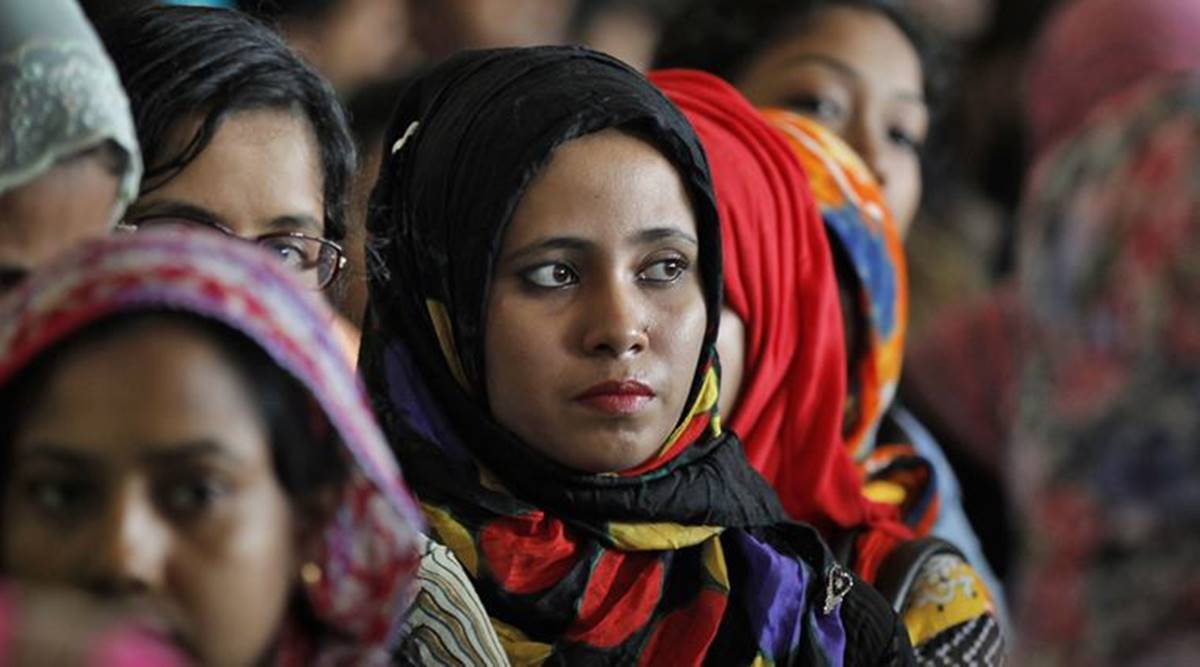 Higher education was a brave new world of independent living, and freedom of movement and choices. They built networks of care and solidarity with other women.
Higher education was a brave new world of independent living, and freedom of movement and choices. They built networks of care and solidarity with other women.Two recent autobiographies by Indian women economists describe how they made their way in a discipline and a world dominated by men. But they also say much more. In Breaking Through, the late Isher Judge Ahluwalia recounts in thoughtful, understated prose how her childhood — as a young girl from a conservative, middle-class Sikh family, attending a Marwari girls’ school in Calcutta — was the starting point for her feminism. In The Brass Notebook, Devaki Jain shows how her approach to economic questions was shaped by her struggle for freedom from an affluent but restrictive upbringing. Though the two women’s childhoods could not have been more different, both knew that education was their path to freedom.
Reading their stories, I was reminded of another deeply felt autobiography by an Indian woman, Breaking Out (2012) by Padma Desai. The book describes her difficult passage from childhood in a traditional middle-class family in Surat, through a painful first marriage, to becoming a successful economist in the US. In a reflective account, she writes about her complicated relationship with her parents as well as her evolving understanding of her daughter’s choices in a culture different from the one in which she had grown up.
All three women were born before India attained Independence: Desai in 1931, Jain in 1933, and Ahluwalia in 1945, a year after the Presidency College first started admitting women students. Their fathers were family patriarchs. Their mothers had married young, with little or no education, which made them ensure that their daughters went to school. Those were difficult times. Children were vulnerable to infections; some did not survive. The girls grew up seeing the stoicism of women, and the helplessness of widows and unmarried women. Jain describes her aunt Andal as the “living example of unpaid family labour, and this was the pattern for all unmarried daughters and relatives — stigmatised and enslaved”. Desai dedicates her book to Kaki, her uncle’s widow, a sad, silent figure who stayed with them, cared for the children, and did the cooking. “Were I to charge God with a case,” she writes, “I would bring my Kaki as my first witness.”
In their own lives, the women discovered that academic success was only the first step; there were other hurdles. A flasher on the Delhi bus; a predator at Oxford; an offensive evening on an IMF tour; being passed over for promotion because a man needed it more. There were also moments of agonising self-doubt or the necessity of a rueful compromise. But they persisted. “Sometimes the most we can do is to learn not to be broken by our experiences, to rebuild our lives with what materials are at hand, bit by bit, slowly and patiently,” writes Jain.
As ambitious young girls, they realised that education was the way to freedom. Higher education was a brave new world of independent living, and freedom of movement and choices. They built networks of care and solidarity with other women. Not least of all, they married men who regarded them as equals.
The titles of all three books reflect the authors’ quest for freedom. The narratives describe their intellectual and emotional growth. These are women who fashioned their feminism out of lived experience.
What is the measure of a life well-lived? Rather than speaking only about themselves and their individual accomplishments, the writers of these spare, reflective life stories also include their families, friendships and connections and their own growth in relation to those with whom they interacted.
There are lessons to be drawn from these thoughtfully narrated life stories. For academia, historically shaped at a time when it consisted mainly of men, it is time to find more egalitarian ways of working. For a more equal society, women and men both need fulfilling and decently paid jobs, supportive parental leave, organised childcare, and ways to share domestic and family responsibilities. Career graphs need not be straight lines. Working conditions can be more flexible. Women’s accomplishments often depend on help from other women who care for their children and do the domestic work. The work of all women should be recognised and paid for.
Finally, for young girls without privilege, education can be the way to fulfilling their potential. The arc of opportunity must be widened through quality education, mentoring and support. As Ahluwalia notes, reflecting on her own experience: “Scholarships are the best investment that a society can make.”
The writer is in the Indian Administrative Service, and is based in Bengaluru
📣 The Indian Express is now on Telegram. Click here to join our channel (@indianexpress) and stay updated with the latest headlines
For all the latest Opinion News, download Indian Express App.